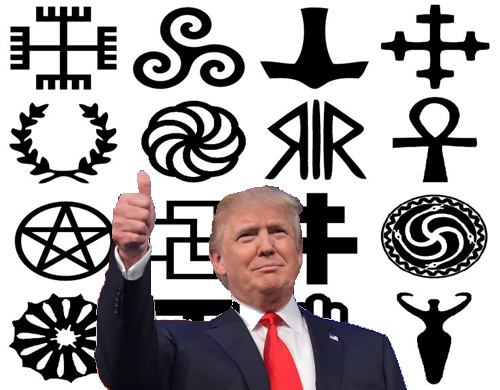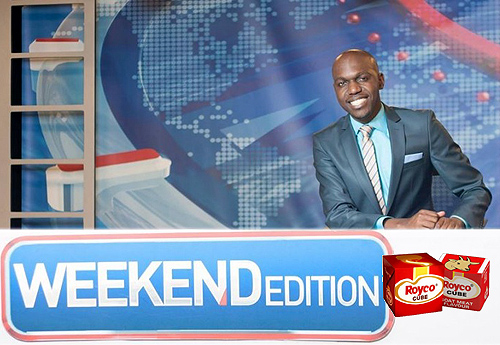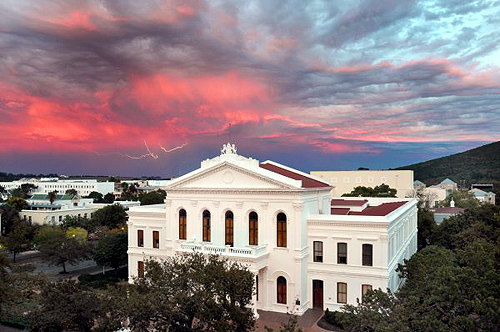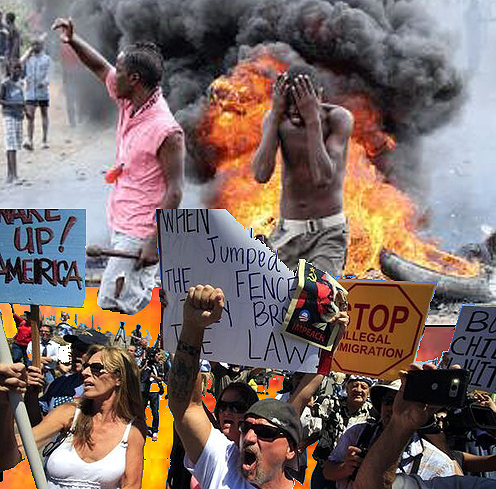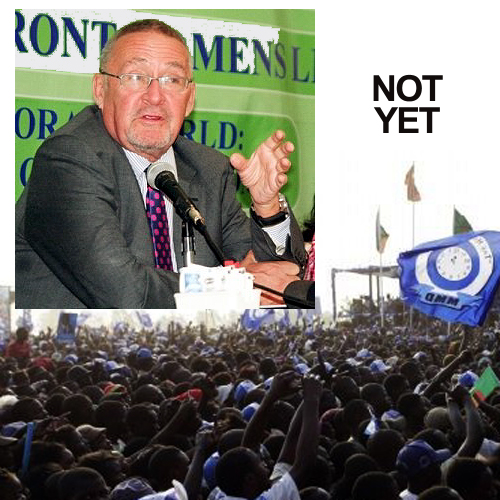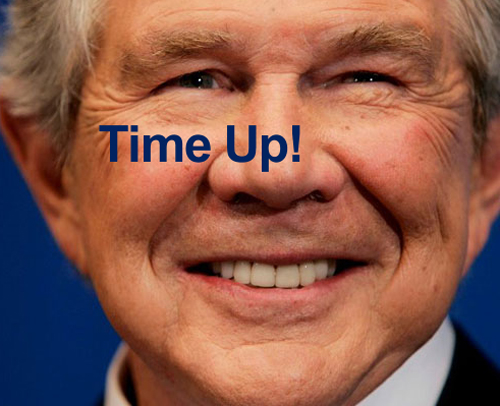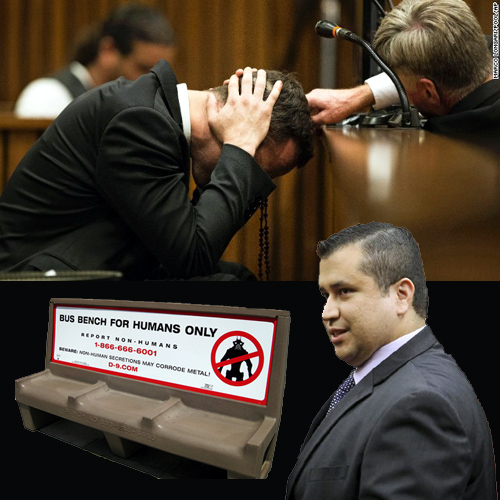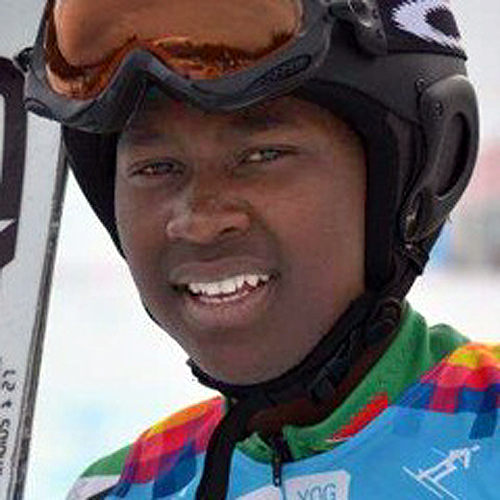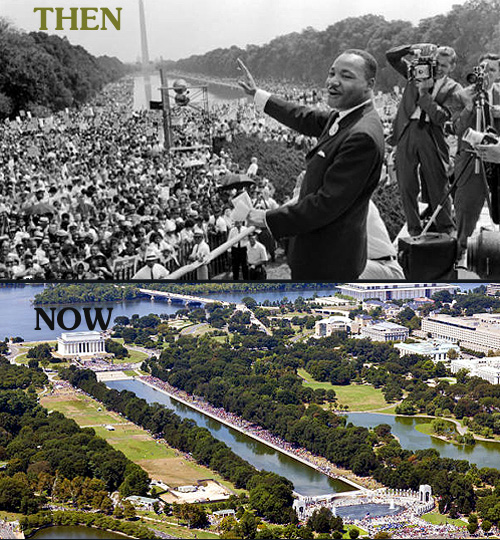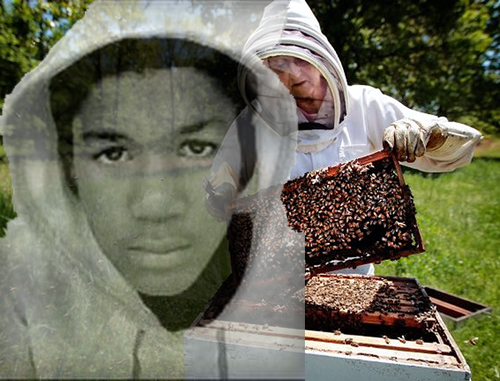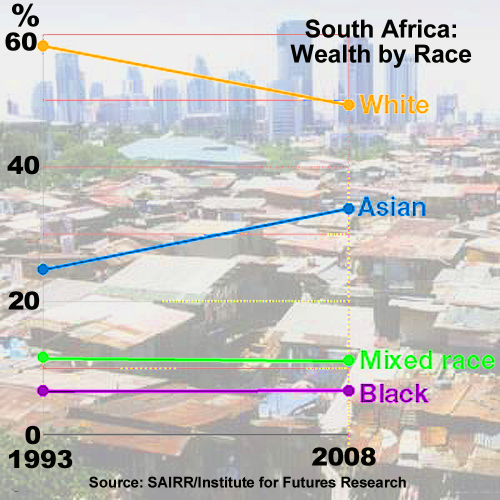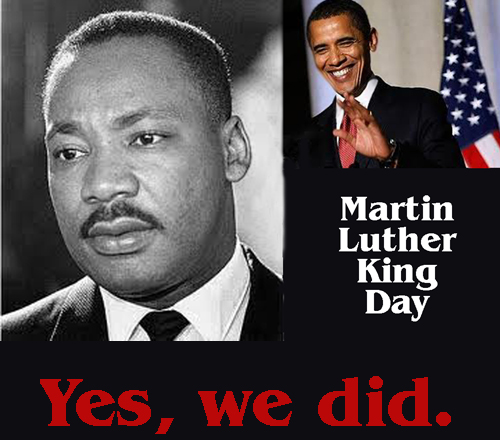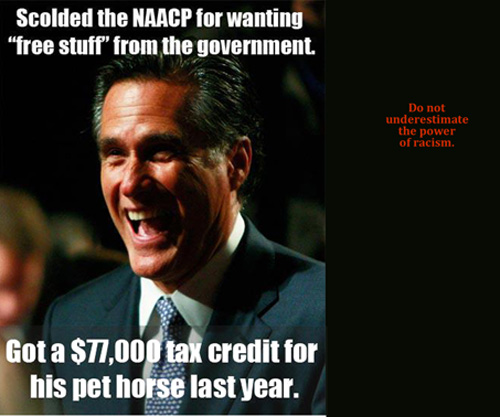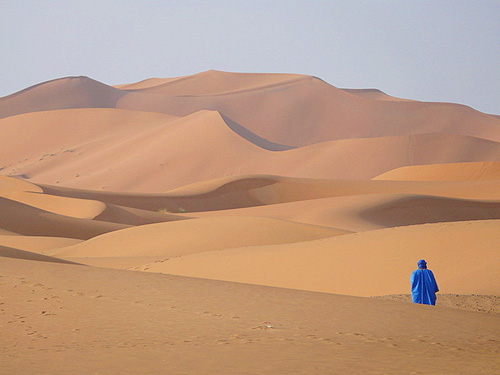 From the outside a big place looks small. From the inside a small place looks big.
From the outside a big place looks small. From the inside a small place looks big.
The Dallas police shootings, the massacre of protestors in Zimbabwe, the shooting of Alton Sterling, the kidnaping of British tourists in Somalia … what really is the difference?
Last night I collapsed on the couch and flipped on the TV. “Breaking News” about more shootings and … I turned it off. That was wrong. If we blindly run away from troubling things, troubling things will take us down.
Americans concerned with the security of traveling abroad have to realize this morning that foreigners feel more threatened traveling here than Americans feel traveling there.
The more important issue – a heartbreaking one – is why all this happens, anyway, not something as seemingly incidental as whether violence should alter your vacation plans. But violence isn’t usually willy nilly. It certainly wasn’t in Dallas last night or for that matter inside the car of Philando Castile several nights before. It takes organization to place snipers in the right spot or to snatch a tourist from a market in Lamu.
After centuries of discussion it seems that most violence is linked to inequity. Violence would be immeasurably reduced, in my view, if the wealth of the world were spread around little bit more.
Violence wouldn’t end, just as greed and lust for power will never end. But if hunger and want is even just a little bit reduced, if we take the butter knife and just spread that hunk of wealth a little bit more around, violence will subside. Everywhere. This is as certain for Kenya as Baltimore.
So that’s not going to happen tomorrow.
But you can read the news. You don’t have to – as I did – turn off the bad news on TV. Tomorrow you can get on a plane and fly to Paris.
The need for all of us to leave our shells is greater than ever before. It’s the only way we can begin to understand the barriers of difference which keep us from reaching equitable compromises with one another.
It’s the only way we can learn to tolerate differences and to recognize that our schema for living is no better or worse than a thousand others. With a little bit of travel outside your comfort zone you’ll discover that the similarities with those you considered foreign are much greater than the differences. Everyone wants to be happy. No one enjoys being hungry or sick.
Most of all everybody reacts to someone else’s suffering with an immediate desire to help alleviate it. However instantaneous or momentary that feeling of generosity might be, that’s what separates us from the rest of the animals of the world, empathy.
We dare not lose that.
It’s no sadder a time in America this morning than in Kenya or South Africa. The tragedy of any event collapses into its own place which seems very small and far away and very toxic to those on the outside.
We need to muster the courage to pry open those distant spheres. Realize that we all share the same awful level of sadness because we all share the same problems, human problems. We can all help one another.
After last night’s events I felt like crawling back into bed. When actually it’s time to continue packing for the next excursion, one that for many Americans might need be no more distant than Dallas or St. Paul, and for all of us means just not turning off the news.
